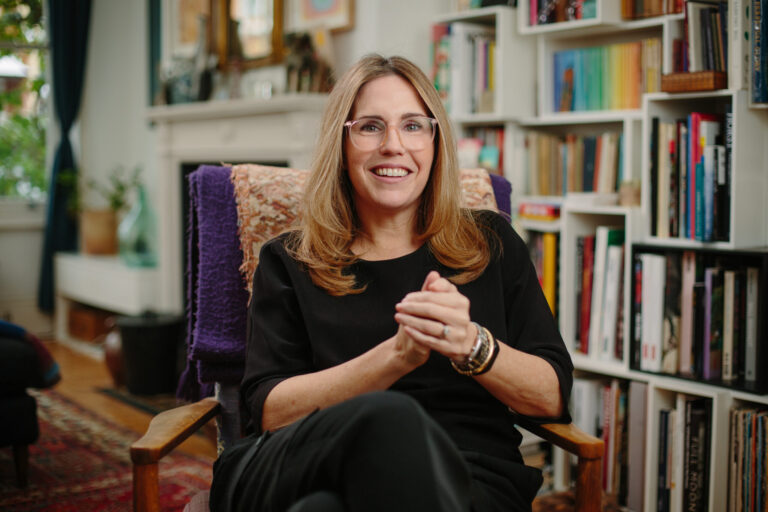Season 3: Building business resilience
What nature can teach us about growing a sustainable business

Success in business and nature can be defined by our ability to adapt. As head grower at Dagenham Farm, part of Growing Communities, an award-winning social enterprise farm in East London, it’s my job to find the best ways to grow and distribute sustainably grown fruit and vegetables to urban populations through our veg box scheme, farmers market and local restaurants.
Like many businesses, I must adapt to changing environments and effectively manage situations that are out of my control: climate change, economic uncertainty, a competitive market and a cost-of-living crisis.
The good news is, incorporating sustainability can help you build resilience during challenging times. Here are my four principles to weather the storms:
1. Cultivate diversity from the ground up
Diversity is at the centre of what I do. When I talk about diversity, I’m talking about healthy soil, which is made up of millions of organisms that enable crops to grow.
The same importance of diversity applies to business. Employing a diverse team and cultivating a culture where individuals can use their natural talents and skill sets means the whole organization can thrive – and run more independently.
You can also diversify your offering into multiple revenue streams. This means you will always have something to fall back on when the market shifts.
2. Be resourceful
Business is never ‘finished.’ So, knowing where to direct your energy and what to prioritise is key.
Try to identify where you can add the most value with your time. There is an obvious value in crops, products or services that give a higher financial yield. But there is also value in things that provide a less immediate return, such as our surroundings so that we feel content in our work environment.
Invest in both and your business will be more balanced as a result.
3. Get creative
Any plans you make may need to be changed along the way – and this does not mean you have failed, it just means you have to get creative (remember, success is your ability to adapt).
A few years ago, seed supplies were suddenly scarce. Luckily, I had saved some seeds from earlier harvests so we could use our own. Being less reliant on supplies from elsewhere also meant stripping back on packaging and sourcing what we needed as locally as possible, cutting our energy usage and carbon emissions.
Often sustainability is about adapting to what we already have and seeing challenges as opportunities to improve.
4. Relationships
The success of Growing Communities is built upon the strength of its relationships.
By listening to and working with farmers, they identified a gap in the market to connect sustainable farmers with urban customers. Now, Growing Communities is a voice for farmers to talk to their customers who are becoming more connected to the environment as a result – it’s a win-win for everyone involved.
But before you build relationships with others, you must encourage everyone within the business to nurture a strong relationship with themselves – and that starts with you.
So, what can nature teach us about growing a sustainable business?
Well, for starters, there will always be things that are out of your control. So don’t waste energy worrying. Instead, focus on taking actionable steps to build resilience in your business. Cultivate diversity from the ground up – in your team, supply chain, and in the products and services you offer. Be resourceful with your time (it’s your most valuable asset). Normalise getting creative when things don’t go to plan – challenges are opportunities to learn and improve. And finally, nurture the relationships you have with your community, the natural world, and most importantly, yourself.
Thanks for reading, and best of luck!





Leave a comment